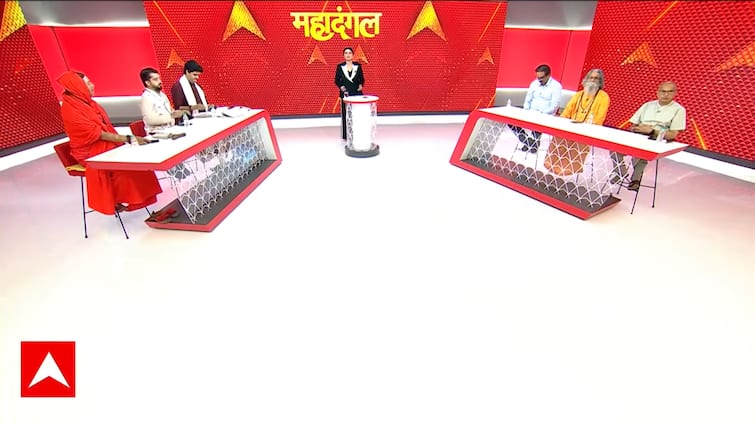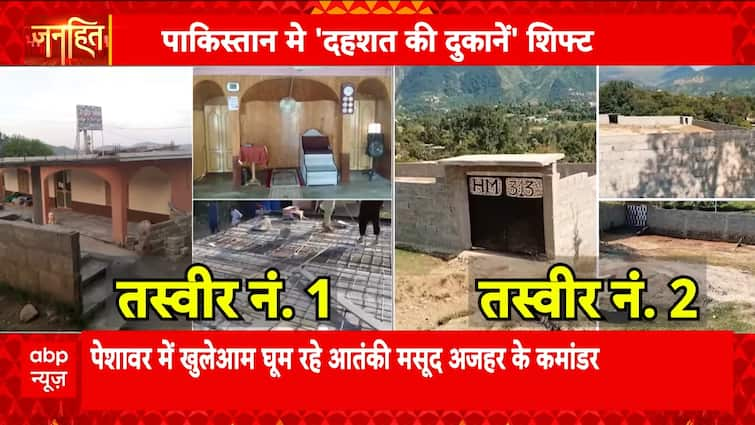On the night of September 22, a rare celestial event will unfold — a solar eclipse following a lunar eclipse during the Hindu Pitru Paksha, something occurring after 122 years. Although the eclipse won’t be visible in India, it has sparked intense discussions among astrologers, scientists, and the general public. According to Indian Standard Time, the partial solar eclipse will begin at 10:59 PM and end at 3:23 AM. It will be visible in parts of New Zealand, Fiji, and Australia. Despite not being seen in India, astrologers believe it will have a significant impact on the nation and its people. The timing, closely following a lunar eclipse that coincided with global unrest — including political upheaval in Nepal, floods in Asia, and earthquakes in Russia — has only fueled anxiety. Astrologers warn of possible natural disasters like volcanic eruptions, fires, and floods. In contrast, scientists firmly state that solar eclipses are purely astronomical events, with no evidence linking them to natural calamities or human behavior. They urge people to view eclipses as opportunities for scientific learning, not fear. ABP News’ Mahadangal hosts a major debate tonight, examining the eclipse’s true significance through the lens of both tradition and science.



